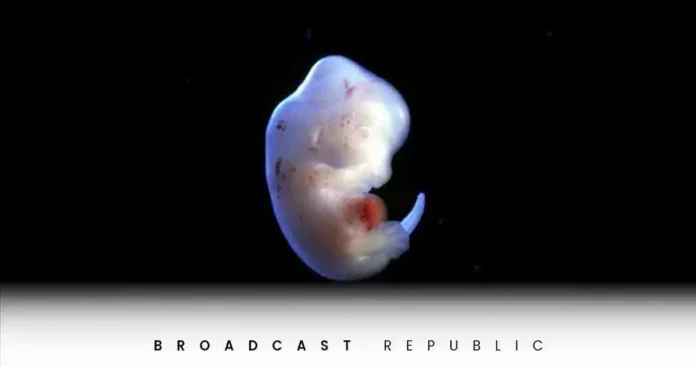Japan stands as a global pioneer by granting permission for human-animal hybrid research. Similar projects were initiated in the United States before but were subsequently banned by the National Institute of Health.
Japan has now extended its support for this cause to Hiromitsu Nakauchi, a distinguished stem-cell scientist affiliated with the University of Tokyo and Stanford University. Nakauchi’s mission is clear: to cultivate human organs within animals, including pigs and sheep, to aid patients in need of organ transplants. To realize this vision, he plans to introduce human cells into mouse and rat embryos, subsequently nurturing these embryos within surrogate animals. Ultimately, he aims to engineer animals whose organs are composed of human cells, paving the way for potential organ transplants in humans.
Dr. Ronald Parchem, from Baylor College of Medicine in Houston, praises the human-animal hybrid research: ‘It has tremendous potential to help many people who are suffering from a broad variety of diseases or in need of different types of tissue or organ replacement.’
The experiments involve injecting human-induced pluripotent stem cells into genetically modified rat and mouse embryos incapable of producing a pancreas. The goal is for the rodent embryos to utilize these human cells to construct the pancreas. Over a two-year period, the development and growth of these rodents will be closely monitored by the team through their organs and brains. Once this is achieved, researchers will seek approval to replicate these procedures with pigs.
While human-animal embryos, such as pig-human and sheep-human embryos, have been created before, they’ve never been allowed to reach full-term development.
One of the major concerns with human-animal hybrid research centers on the precise location of these human stem cells within an animal, and the potential types of cells they could develop into once injected.
Few bioethicists are worried about the possibility of human cells straying beyond the targeted organ and potentially growing in the animal’s brain. Direct tissue exchange between humans and animals can lead to the spread of diseases. Moreover, animals created from human cells might exhibit some human physical or mental abilities and disabilities.
Human-animal hybrid research opens a realm of possibilities but navigates stormy ethical waters. However, if executed with careful consideration and proven successful, it has the potential to be a groundbreaking solution to combat the escalating organ prices and their scarcity.

